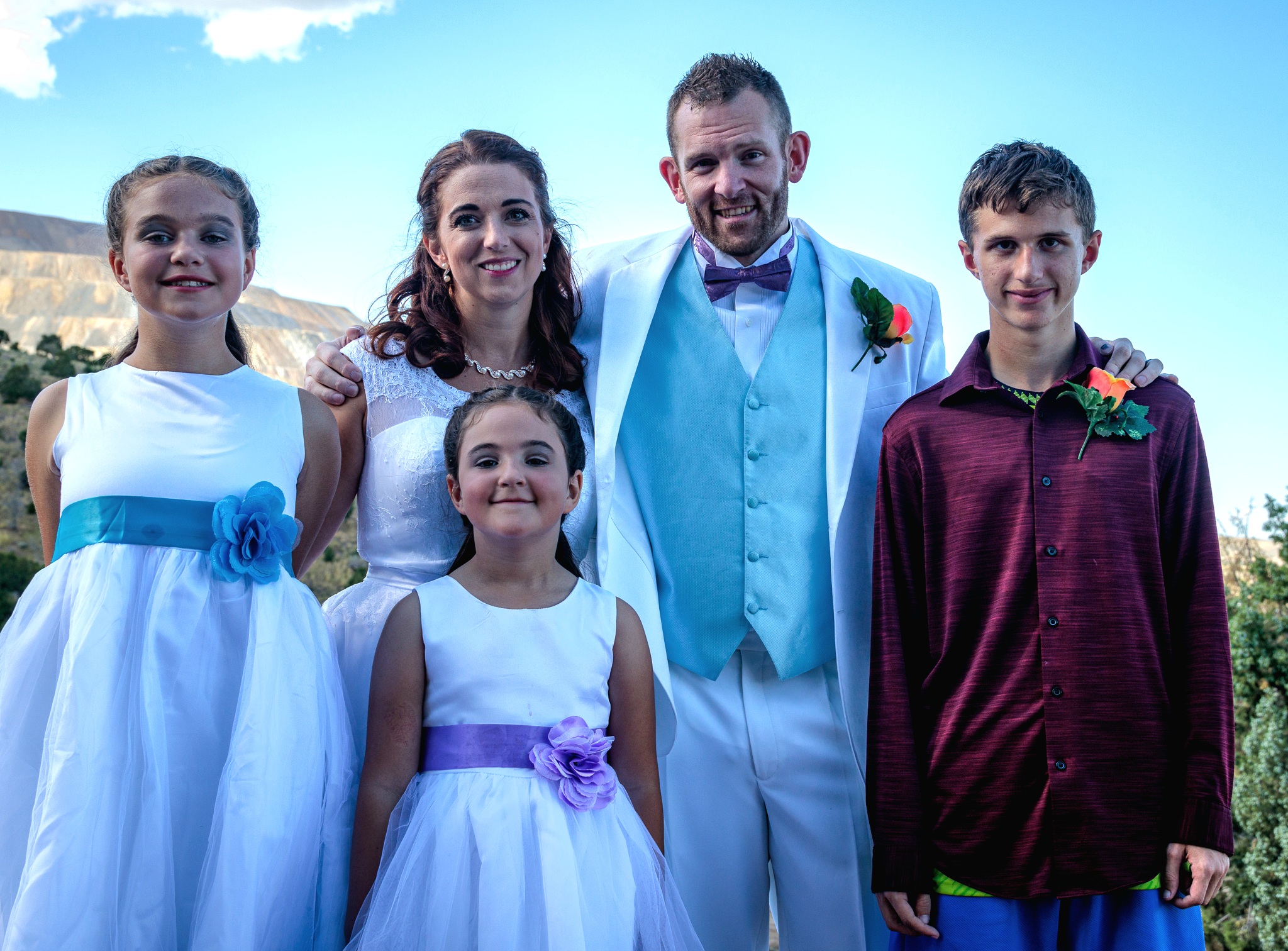
Amanda hopes her cancer journey is a positive example for her kids
April 22, 2024
This is a guest post by Amanda Reitz, a mother of three children who were 13, 9, and 5 years…
Read More
Dr. Pooja Ghatalia received a 2022 KCA Trailblazer Award for her research on “Comparison of immune microenvironment between patients of African and European ancestry with renal cell carcinoma.” Dr. Ghatalia is a medical oncologist and researcher at Fox Chase Cancer Center in Philadelphia, Pennsylvania. She previously received a KCA research grant in 2017. We spoke with Dr. Ghatalia about her current work and the impact it can have on people with kidney cancer.
What was the inspiration for this research project?
Patients of African ancestry (AA) with renal cell carcinoma (RCC) have poor disease outcomes due to several socioeconomic factors. However, our preliminary results from analyzing The Cancer Genome Atlas (TCGA) dataset at the National Cancer Institute indicate that some of the disparities in outcomes of AA patients may be explained by the distinct biology of their tumors compared to Caucasians. Additionally, AA patients are highly under-represented in the pivotal phase III randomized trials studying first line treatments in RCC, with <1% AA patients in each study. Thus, understanding the biology of AA tumors and treatments that are likely to benefit them is critical. Understanding the differences in the tumor biology between the two groups will help determine appropriate treatments for AA patients and identify distinct pathways to target in them.
At what point does tumor biology give way to social determinants of health (or vice versa) when it comes to clinical outcomes? Might your research address this?
Our analysis of the TCGA dataset showed that AA tumors have a significantly lower expression of immune genes compared to Caucasians, indicating a distinct tumor biology. Since standard treatment options for patients with metastatic RCC includes immune checkpoint inhibitors it was important to determine if the immune profile of patients of AA is different.
What would you say to kidney cancer patients about participating in clinical trials – especially those minority groups that are underrepresented?
One cannot emphasize enough the need to improve participation of underrepresented populations in the pivotal clinical trials that lead to approval of key drugs for kidney cancer. Less than 1% of patients in the major clinical trials published in the RCC literature comprise of patients of AA.
What motivates you?
When I see an underrepresented patient in my clinic I extrapolate data from patients of European ancestry and give them the same treatments. When they don’t respond to treatment as expected I pause and wonder how the biology of their tumor may be different. As we approach the sphere of personalized medicine understanding contributions of unique ancestries to clinical outcomes is key to delivering better care.
Anything else you’d like others to know about you or your work?
I am very grateful to Kidney Cancer Association for giving me this opportunity to move my project forward. I am hoping that this work will be the first step to understanding the differences in the immune microenvironment of kidney cancers across ancestries.